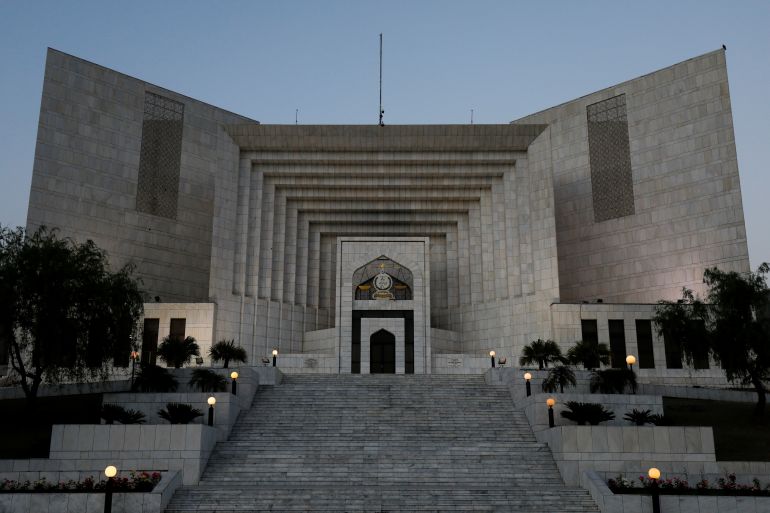Pakistan's Supreme Court has been a key player in the country's political landscape. It has been involved in several high-profile cases, including the disqualification of former Prime Minister Nawaz Sharif, and the acquittal of Asia Bibi, a Christian woman who had been sentenced to death for blasphemy. However, the current government led by Prime Minister Imran Khan has been trying to clip the court's powers.
Recent Developments:
The government has introduced a bill in the National Assembly that seeks to amend the Constitution of Pakistan to limit the tenure of the Chief Justice of Pakistan and to prevent the court from taking suo motu notices. The bill has been met with strong opposition from the legal community, civil society, and the opposition parties. They have argued that the bill is an attack on the independence of the judiciary and a violation of the Constitution.
Implications:
If the bill is passed, it will have far-reaching implications for the country's democracy and rule of law. The independence of the judiciary is a cornerstone of any democratic system, and any attempt to curtail its powers is a serious threat to the system of checks and balances.
The move has also been criticized by international human rights organizations, who have warned that it could lead to a further deterioration of human rights in the country. Pakistan has already been facing criticism for its treatment of journalists, activists, and minorities.
Conclusion:
In conclusion, the efforts of the Pakistani government to curtail the powers of the Supreme Court are a cause for concern. The independence of the judiciary is a key pillar of any democratic system, and any attempt to undermine it must be strongly opposed. We urge the government to reconsider its position and uphold the principles of democracy and the rule of law.

